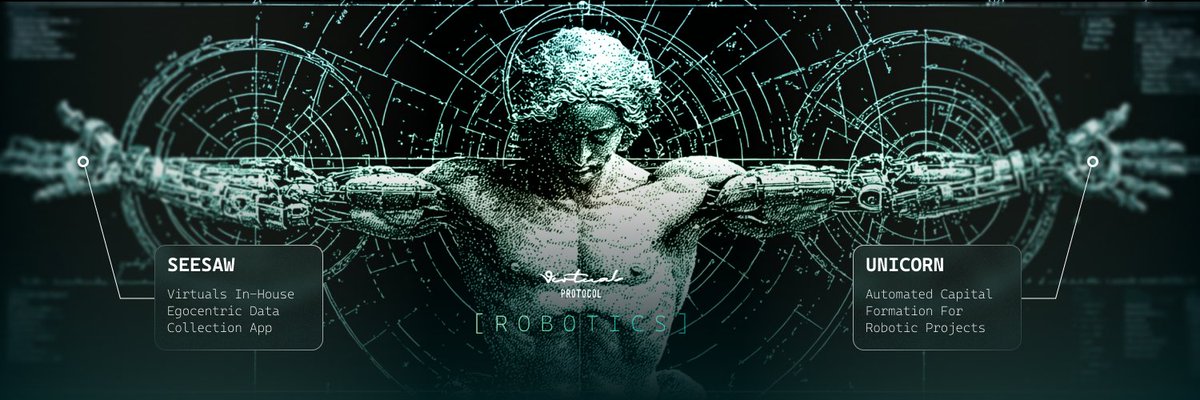
How to get URL link on X (Twitter) App


https://x.com/virtuals_io/status/1980637056729776490
 2/ AI has automated reasoning, blockchain enables large-scale coordination, and robotics now approaches physical execution.
2/ AI has automated reasoning, blockchain enables large-scale coordination, and robotics now approaches physical execution.
https://twitter.com/1438365197505232902/status/1918294749712400644

